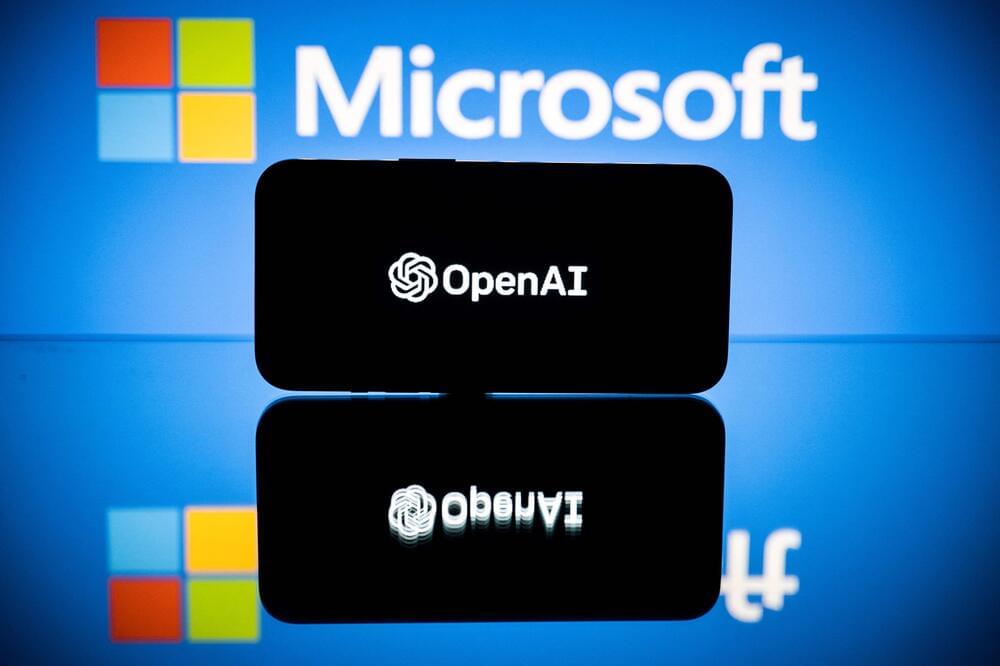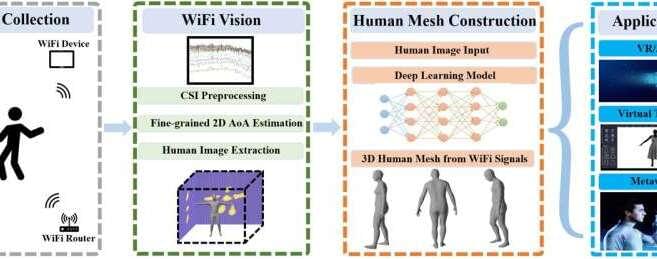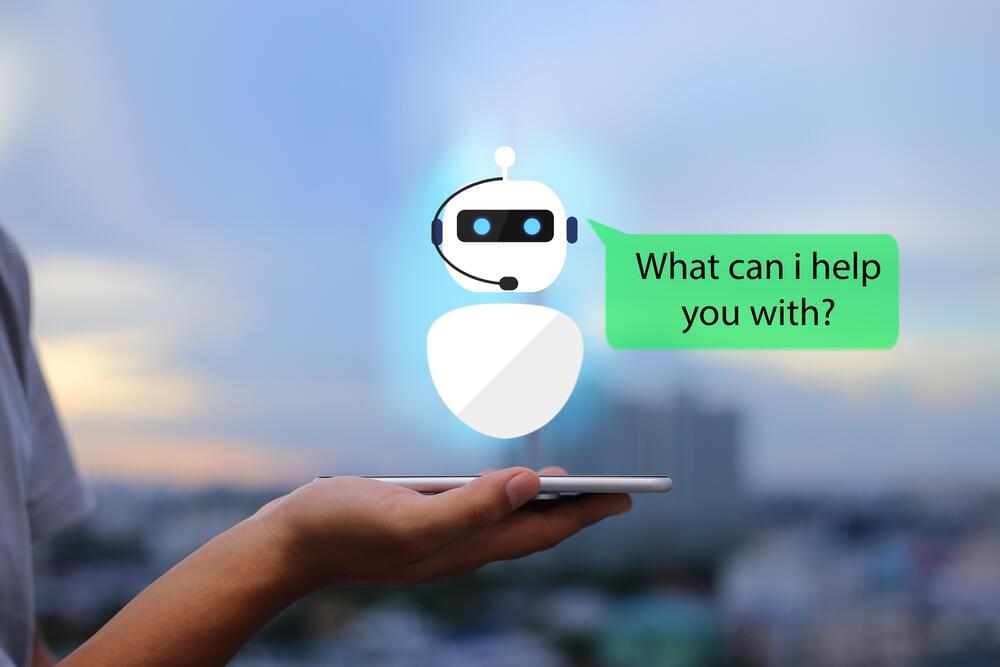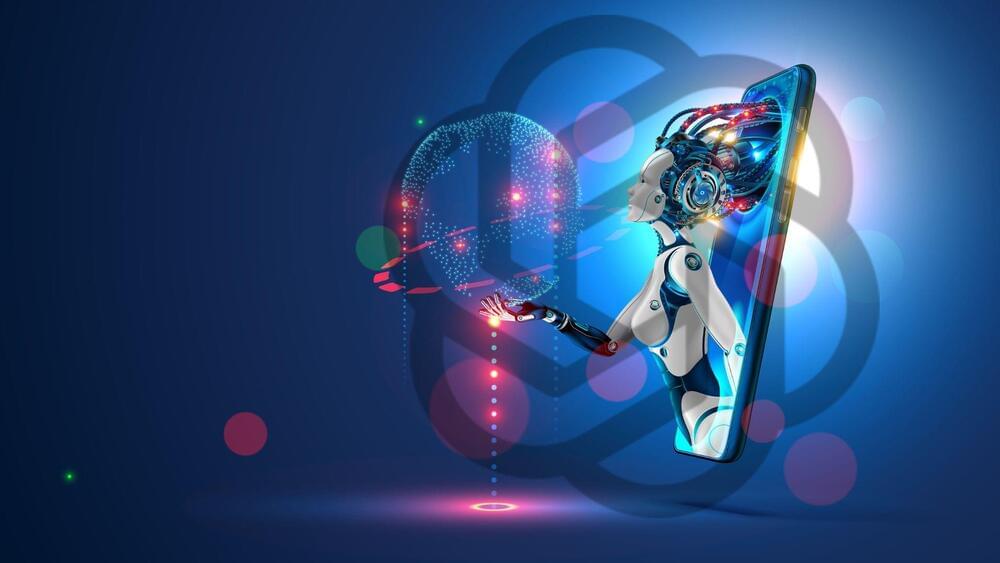Today’s Internet is in the early stages of being transformed once again—this time, instead of search, social, mobile, etc.—it’s going to be a Web that supports conversations.



The ERNIE bot could be China’s most notable entry in the race to create lifelike AI bots.
One of the world’s biggest AI (artificial intelligence) and internet firms, Baidu, had its shares skyrocket more than 14 percent on Tuesday after the Beijing-based search engine titan announced it would launch its own ChatGPT-style service.
What is ERNIE?
Getty Images.
The company’s “ERNIE Bot” AI chatbot, also known as “Wenxin Yiyan” in Chinese, will complete internal testing and launch in March. Much excitement has developed towards what may be China’s most notable entry in the race to create lifelike AI bots.

Google announced today that it will enable a new SafeSearch blurring setting by default for all users in the coming months. The filter is designed to help people protect themselves and their families from inadvertently encountering explicit imagery on Search. The search giant says it’s announcing the feature today to mark Safer Internet Day.
The setting will soon be the new default for people who don’t already have the SafeSearch filter turned on. As a result, Google will blur explicit imagery if it appears in Search results. Explicit results include sexually explicit content like pornography, violence and gore. Google notes that users have the option to adjust the setting at any time. Prior to this expansion, the filter was already on by default for signed-in users under 18.
Once the setting becomes the default, Google will notify you that it has turned on SafeSearch blurring. If you come across an explicit image, you can choose to see it by clicking on the “view image” button. Or, you can select the “manage setting” button to adjust the filter or turn it off altogether. For instance, you can choose the “filter” option, which helps filter explicit images, text and links. Or, you can select the “off” option, which means that you will see all of the relevant results for your query, even if they’re explicit.

A 3D mesh is a three-dimensional object representation made of different vertices and polygons. These representations can be very useful for numerous technological applications, including computer vision, virtual reality (VR) and augmented reality (AR) systems.
Researchers at Florida State University and Rutgers University have recently developed Wi-Mesh, a system that can create reliable 3D human meshes, representations of humans that can then be used by different computational models and applications. Their system was presented at the Twentieth ACM Conference on Embedded Networked Sensor Systems (ACM SenSys ‘22), a conference focusing on computer science research.
“Our research group specializes in cutting-edge wi-fi sensing research,” Professor Jie Yang at Florida State University, one of the researchers who carried out the study, told Tech Xplore. “In previous work, we have developed systems that use wi-fi devices to sense a range of human activities and objects, including large-scale human body movements, small-scale finger movements, sleep monitoring, and daily objects. Our E-eyes and WiFinger systems were among the first to use wi-fi sensing to classify various types of daily activities and finger gestures, with a focus on predefined activities using a trained model.”

With the heat of ChatGPT, the fastest growing app in the history of the web, no wonder Sundar Pichai, CEO of Google feels the need to enter with a challenge.
Google plans to release its most powerful and latest language model, LaMDA, as a companion to its search engine in weeks or in months. It will be interesting to see the trajectory comparatives between the two emerging Chat Titans.
Although Google’s forth quarter earnings call was done this week, Pichai said, “AI is the most profound technology we are working on today.” This is a pre-cursor announcement which will come shortly due to the momentum of OpenView’s GPT3.
Basically I underestimated chat gpt it is Basically much more powerful than I realized not just a Jetson society but it could even bring realities like we have seen in star trek the next generation where one can ask an AI anything and it can do anything given a task. This could also bring upon a superintelligence once programmed much like a wolfram alpha is for homework but for everything. It can nearly do any job and can replace all tech jobs eventually to get to universal basic income or even bring an end to the wild west of the internet it could create a near perfect cyber defense because it could simply know everything and make everything bug free. In short it can a near God like AI to answer and do any digital task. This can make nearly all jobs eventually automated:3.
It’ll be a while before ChatGPT takes your job entirely, and in the meantime you can use it to make work life easier.

The results highlight some potential strengths and weaknesses of ChatGPT.
Some of the world’s biggest academic journal publishers have banned or curbed their authors from using the advanced chatbot, ChatGPT. Because the bot uses information from the internet to produce highly readable answers to questions, the publishers are worried that inaccurate or plagiarised work could enter the pages of academic literature.
Several researchers have already listed the chatbot as a co-author in academic studies, and some publishers have moved to ban this practice.
Andrey Suslov/iStock.
It’s not surprising the use of such chatbots is of interest to academic publishers. Our recent study, published in Finance Research Letters, showed ChatGPT could be used to write a finance paper that would be accepted for an academic journal. Although the bot performed better in some areas than in others, adding in our own expertise helped overcome the program’s limitations in the eyes of journal reviewers.

UBS research just confirmed that ChatGPT is the “fastest-growing consumer application in history,” according to research from UBS research just announced that ChatGPT. “In 20 years following the Internet space, we cannot recall a faster ramp in a consumer internet app. By comparison, TikTok took nine months to reach 100 million monthly users, and Instagram about 2.5 years.” Other popular online services have taken longer to hit the one million user mark. Instagram being the closest. Another comparison is when Netflix was launched as a subscription service in 1999, the one million user mark took over 3.5 years to reach this many users.
This article discusses ChatGPT is the fastest growing Ap in the history of web applications.

ChatGPT has hit an estimated 100 million monthly active users making it the fastest growing consumer internet application in history according to a UBS study. UBS analysts peg its total addressable market to be $1 trillion, reported Yahoo Finance.
Ever since its launch on Nov. 30, the clever ask-me-anything tool has been the go-to-resource for advice on just about any topic it’s been trained on and can complete complex tasks like debugging code, doing research and writing articles in an endearing human-like tone.
ChatGPT becomes the fastest growing consumer internet application in history, Microsoft unleashes its first GPT 3.5 AI chatbots across its products, Google readies for Feb. 8 event by investing in competing chatbot-maker Anthropic, and mock website CatGPT goes wild.

Microsoft co-founder Bill Gates knows a thing or two about paradigm shifts, having played a key role in personal computers becoming a thing. Today, he believes, an equally important development is beginning with ChatGPT and similar artificial intelligence tools.
“A.I. is going to be debated as the hottest topic of 2023. And you know what? That’s appropriate. This is every bit as important as the PC, as the internet,” Gates recently told Forbes, adding that he now spends about 10% of his time talking with Microsoft teams about their product road maps, despite having been long retired and focused on philanthropy.
ChatGPT, of course, is the A.I. chatbot that’s been making waves with its ability to respond to typed questions with eerily human-like responses. Launched a few months ago, ChatGPT now attracts more than 100 million monthly active users, according to a research note published Wednesday by UBS. It easily reached 100 million faster than TikTok or Instagram, the bank’s analysts noted, adding, “In 20 years following the internet space, we cannot recall a faster ramp in a consumer internet app.”